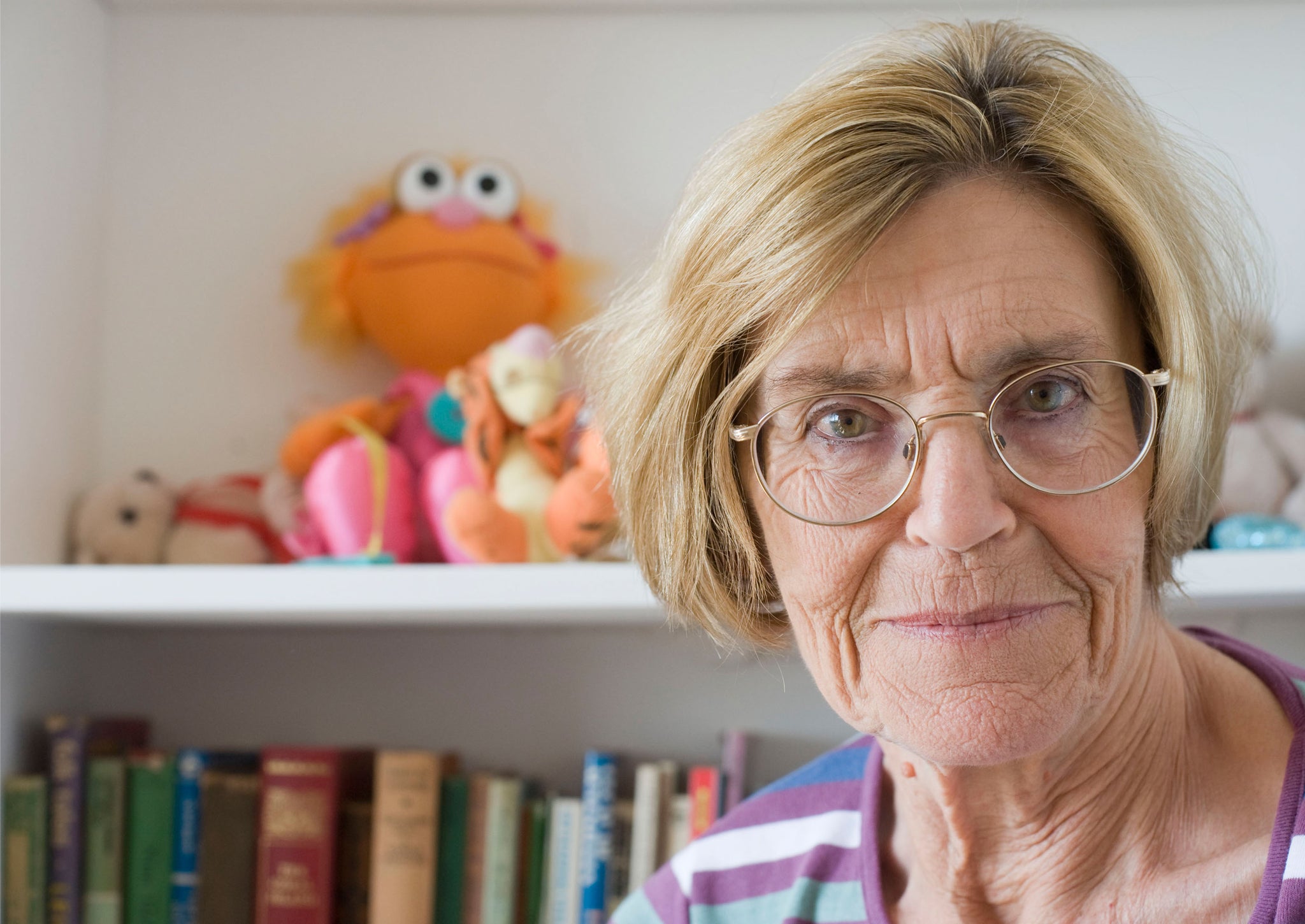The parenting 'expert' doing more harm than good
Penelope Leach says that the child of separated couple can be damaged if they don't spend every night with their mother


Your support helps us to tell the story
From reproductive rights to climate change to Big Tech, The Independent is on the ground when the story is developing. Whether it's investigating the financials of Elon Musk's pro-Trump PAC or producing our latest documentary, 'The A Word', which shines a light on the American women fighting for reproductive rights, we know how important it is to parse out the facts from the messaging.
At such a critical moment in US history, we need reporters on the ground. Your donation allows us to keep sending journalists to speak to both sides of the story.
The Independent is trusted by Americans across the entire political spectrum. And unlike many other quality news outlets, we choose not to lock Americans out of our reporting and analysis with paywalls. We believe quality journalism should be available to everyone, paid for by those who can afford it.
Your support makes all the difference.When I was a child, Friday afternoon was my favourite part of the week. Even before the school bell rang, I’d be on the edge of my seat in anticipation, eyeing the door, ready to run out into the playground to meet my mum who was waiting to drive me to my dad’s house for the weekend.
When Sunday evening rolled by, my dad would drive the hour’s journey back to my mum’s, and the following Friday it would begin all over again. By the time I was seven, I knew the route off by heart.
According to leading parenting expert Penelope Leach, however, allowing the young children of separated parents to spend the night away from their mothers with their fathers is damaging.
In her new book, Leach says that there is undisputed evidence that separating children from their mothers as a young age “reduces brain development” and increases the risk of “unhealthy attachment issues”.
She reasons that ferrying children back and forth between their parents panders only to the rights to the adults, not to the needs of the kids. Desperate to “make things equal” parents think only of themselves and their time with their children.
The problem with this approach is that it allows a relationship between father and child to exist only as day trips. Their only interactions quick visits to McDonalds and the odd picnic. Isn’t it time that we recognised a father’s role isn’t secondary to a mother’s, and that co-parenting (where possible) is in the best interests of everyone involved?
With Father’s Day on Sunday came the annual influx of tweets and Facebook posts about dads. “Thanks for being such a great taxi driver/bank/mender of broken laptops” crowed Twitter. It’s a day I find particularly difficult because my own father died seven years ago.
The death of a loved one is traumatic; even more so if the death is sudden and unexpected. But my parents’ decision to “share” me when they divorced meant that at the time of his death, my relationship with my dad was as strong as it would have been had they stayed together.
One of my happiest memories is of us reading a bedtime story together and both laughing until we cried. Denying fathers the opportunity to bond with their children is unforgiveable. Even more unforgivable is implying that this is actually in the interests of the child.
The rights of the child should outweigh those of the parents, true. I’m not advocating subjecting children to two polar opposite parenting styles likely to confuse and hinder them. Certain things need to be agreed upon. Bedtimes, diet, hobbies, discipline. Children need a routine and it’s the responsibility of separated parents to agree upon and instil one.
But Leach’s comments are dangerous, not least because, as a “parenting expert”, divorcing parents will turn to her for advice. If a mother is looking for an excuse to prevent her estranged husband from seeing his children, this book will give her the ammunition she so desperately needs. What mother wants to be responsible for reducing her child’s brain development?
Amicable divorce is difficult but not impossible. Instead of guilt-tripping with pseudo-science, we should encourage mums and dads to work together to manage their separation in a way that makes the change as pain-free as possible for their children. It’s time dads got the recognition they deserved, not just a social media shout out one Sunday a year.
Join our commenting forum
Join thought-provoking conversations, follow other Independent readers and see their replies
Comments